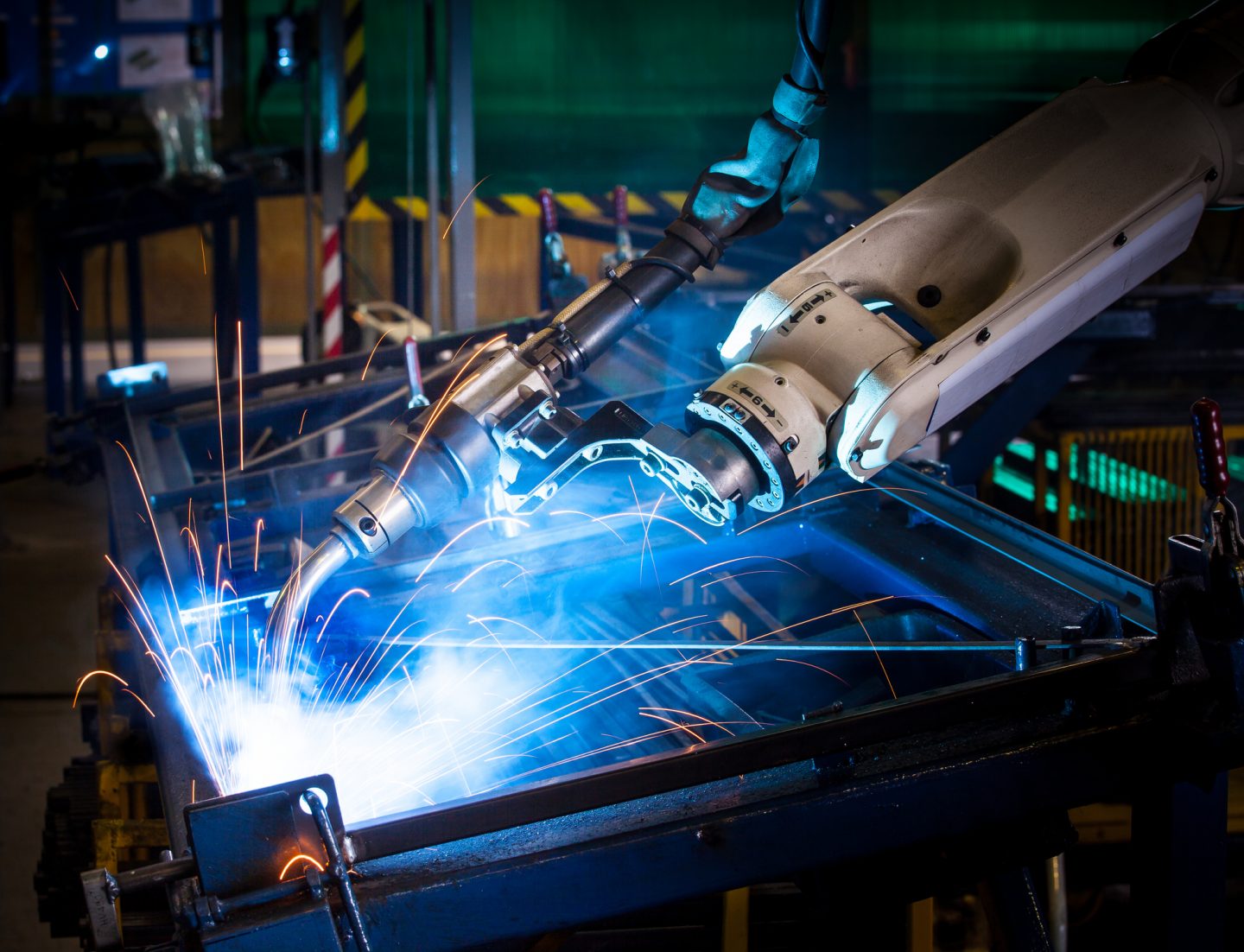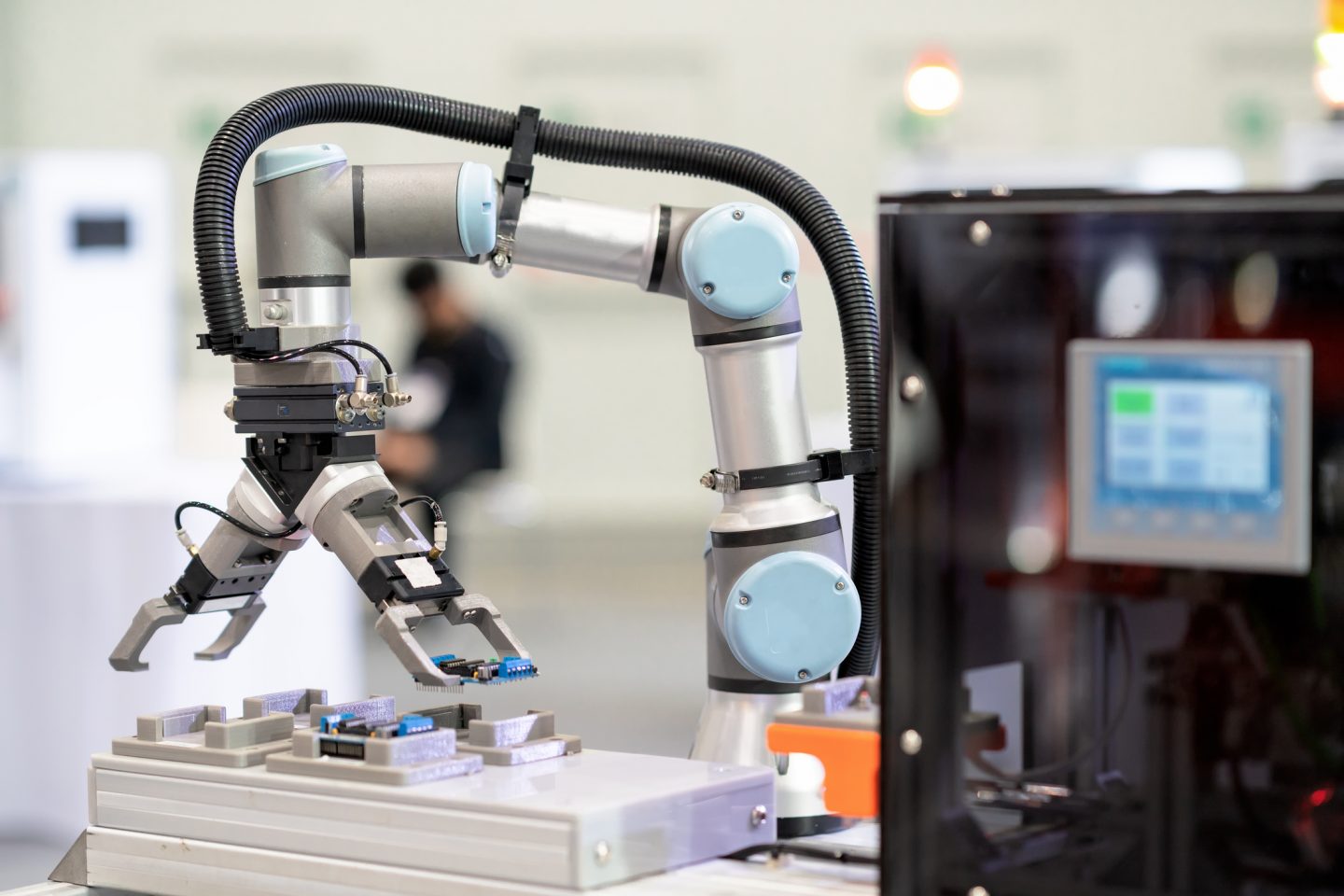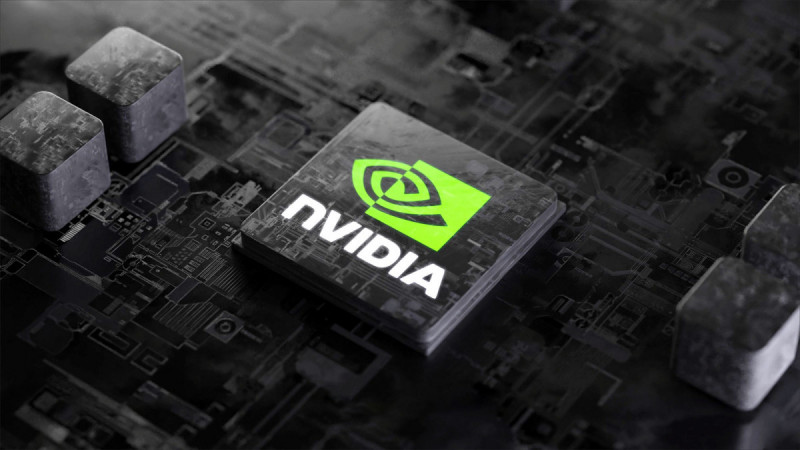What is Edge AI?

Artificial intelligence (AI) is rapidly transforming a number of industries in today’s fast-paced digital world, from manufacturing and transportation to healthcare and finance. The most promising development in AI is called “Edge AI.” However, what precisely is Edge AI, and why is it growing so important in today’s tech?
Comprehending Edge Artificial Intelligence
The term “edge AI” describes the application of artificial intelligence algorithms to edge devices, or those that function near the data creation source at the edge of a network. In contrast to classical AI, which mostly uses cloud computing to analyze data, Edge AI processes data locally on gadgets like industrial equipment, smartphones, and Internet of Things devices. Real-time data analysis and decision-making are made possible by this local processing, which eliminates the need for constant internet connectivity.

Important AI Edge Device Hardware:
Here are the parts of the device where AI algorithms are executed locally. Sensors, cellphones, smart cameras, and embedded systems are a few examples.
Edge computing is the process of processing data on edge devices as opposed to sending it to a cloud server that is centralized. It handles data processing, storage, and analysis by utilizing local resources.
Artificial Intelligence Models: These are algorithms created to carry out certain tasks like natural language processing, image recognition, or predictive maintenance. These models in Edge AI are tuned to function well on edge devices.
What are some of the advantages of Edge AI?
Lower Latency:
Edge AI’s ability to lower latency is one of its main benefits. Edge devices can make choices instantly by processing data locally, eliminating the need to send information to a central server and wait for a response. This is critical for applications like industrial automation, healthcare monitoring, and driverless cars that need real-time answers.
Improved Data Privacy and Security:
By storing sensitive data locally rather than sending it over networks, Edge AI improves data privacy and security. By doing this, the chance of data breaches is reduced and data protection laws are followed. In the healthcare industry, for example, patient data can be immediately evaluated on medical devices without being subjected to potential security risks connected with cloud storage.
Efficiency of Bandwidth:
Edge AI drastically minimizes the quantity of data that must be sent to central servers by processing data at the edge. This lessens the strain on network infrastructure in addition to reducing the amount of bandwidth used. Edge AI is very helpful in situations when connectivity is scarce or nonexistent, like in distant areas or areas affected by disasters.
Flexibility and Scalability:
The distribution of AI capabilities over many devices in a variety of situations is made possible by edge AI. Because of its scalability, businesses may deploy AI solutions in a dispersed fashion and customize them to fit unique requirements and environments. Additionally, it offers the freedom to modify and improve AI models on certain devices without having to completely rebuild the system.

NVIDIA AI
NVIDIA’s AI integration with our embedded rugged computers involves embedding powerful AI and deep learning capabilities into robust, durable hardware platforms designed for harsh environments. This combination enables real-time data processing and decision-making at the edge, facilitating advanced automation, enhanced surveillance, and robust industrial operations.
Uses of Edge AI in the Real World:
- Smart Cities
Applications including energy optimization, public safety, and traffic control are powered by Edge AI in smart cities. Local data analysis is done by intelligent sensors and cameras to improve urban infrastructure and inhabitants’ quality of life. - Edge Healthcare
AI is revolutionizing healthcare by making real-time diagnostics and monitoring possible. AI-enabled wearables and medical equipment can monitor vital signs, identify irregularities, and instantly notify medical personnel, enabling prompt actions. - Production
Edge AI plays a key role in process optimization, quality assurance, and predictive maintenance in the manufacturing industry. Manufacturers can optimize operational efficiency, minimize downtime, and avoid equipment breakdowns by locally analyzing data from manufacturing lines and machines. - Retail Retailers
Retailers in-store analytics, inventory management, and tailored suggestions powered by Edge AI to improve customer experiences. Real-time data processing is utilized by smart shelves and point-of-sale systems to optimize stock levels and streamline operations.
Edge AI’s Future
It is anticipated that Edge AI’s capabilities will increase as technology develops. Hardware advancements like faster processors and more efficient memory will allow ever more sophisticated AI models to operate on edge devices. The potential of Edge AI will also be further enhanced by the incorporation of 5G networks, which will improve connectivity and data transfer speeds. At Systel, we’re dedicated to using Edge AI to innovate and provide our clients with ruggedized solutions.